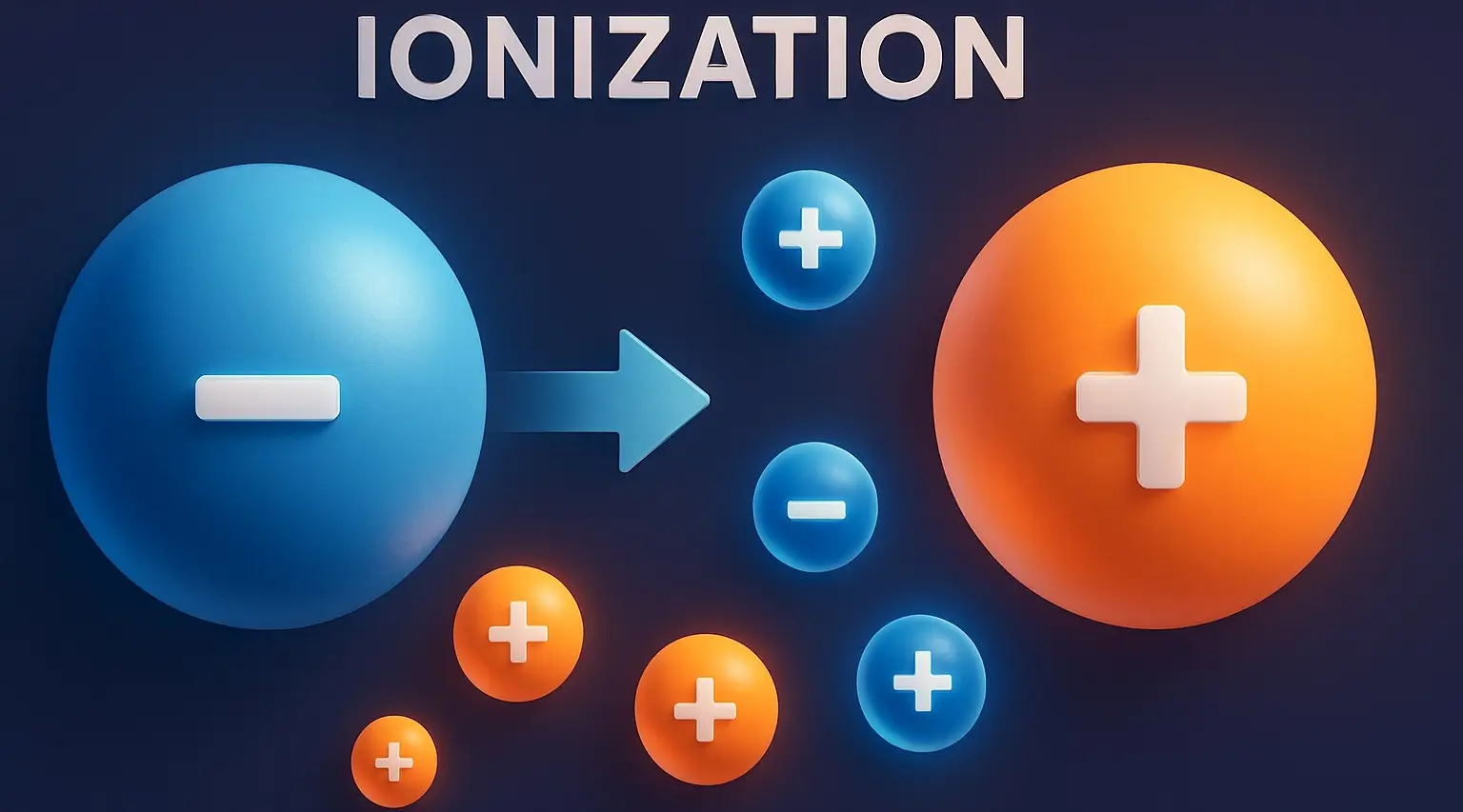Ionization Definition:
- Ionization refers to the process by which a molecule gains or loses protons, leading to the formation of charged species (ions).
- The extent of ionization depends on the pKa of the compound and the pH of the surrounding environment.
Importance in Biological Action:
-
Drug Absorption:
- Non-ionized (neutral) drugs cross biological membranes (lipid bilayers) more easily.
- Ionized drugs tend to dissolve in water and remain in the aqueous phase.
-
Bioavailability:
- The ratio of ionized to non-ionized form determines oral bioavailability.
- Weak acids are better absorbed in the stomach (low pH), while weak bases are absorbed in the intestines (higher pH).
-
Distribution:
- Ionized drugs are more soluble in blood and less likely to cross the blood-brain barrier.
-
Excretion:
- Ionized drugs are more easily excreted by the kidneys since they are less likely to be reabsorbed in renal tubules.
Example:
- Aspirin (Acetylsalicylic Acid): A weak acid (pKa ~3.5), mostly non-ionized in the acidic stomach, enabling absorption. However, in the alkaline intestine, it ionizes and absorption is reduced.
Click Here to Watch the Best Pharma Videos

